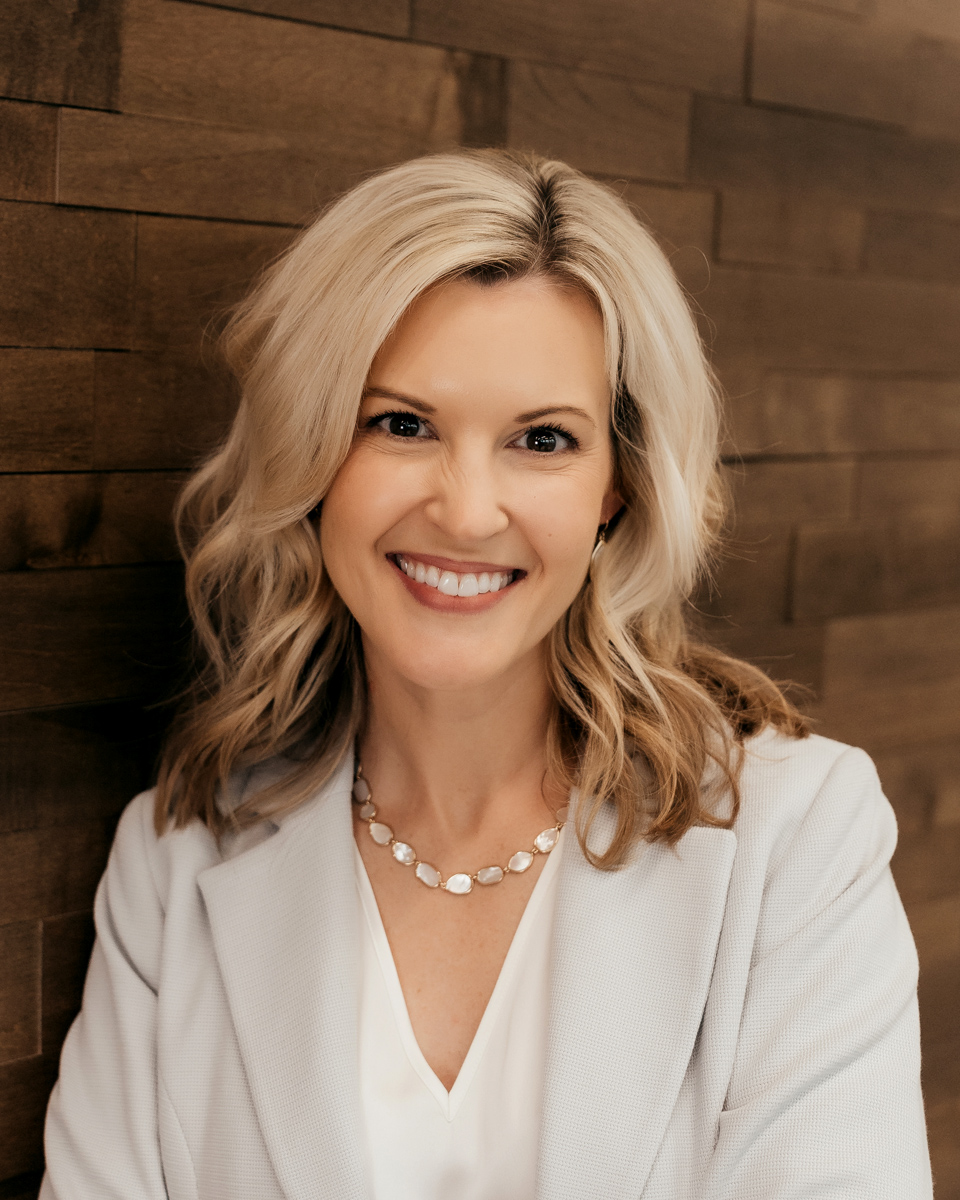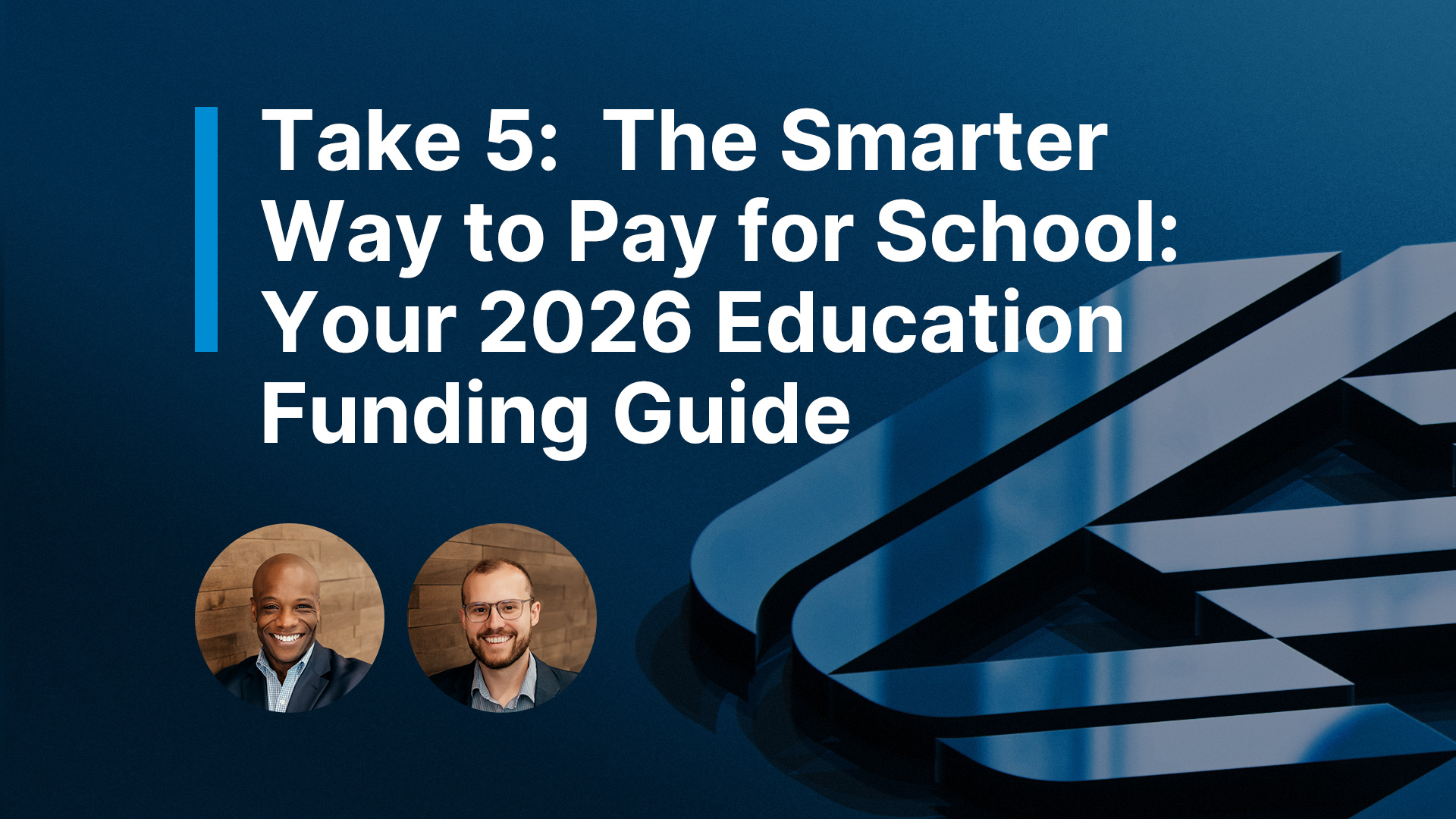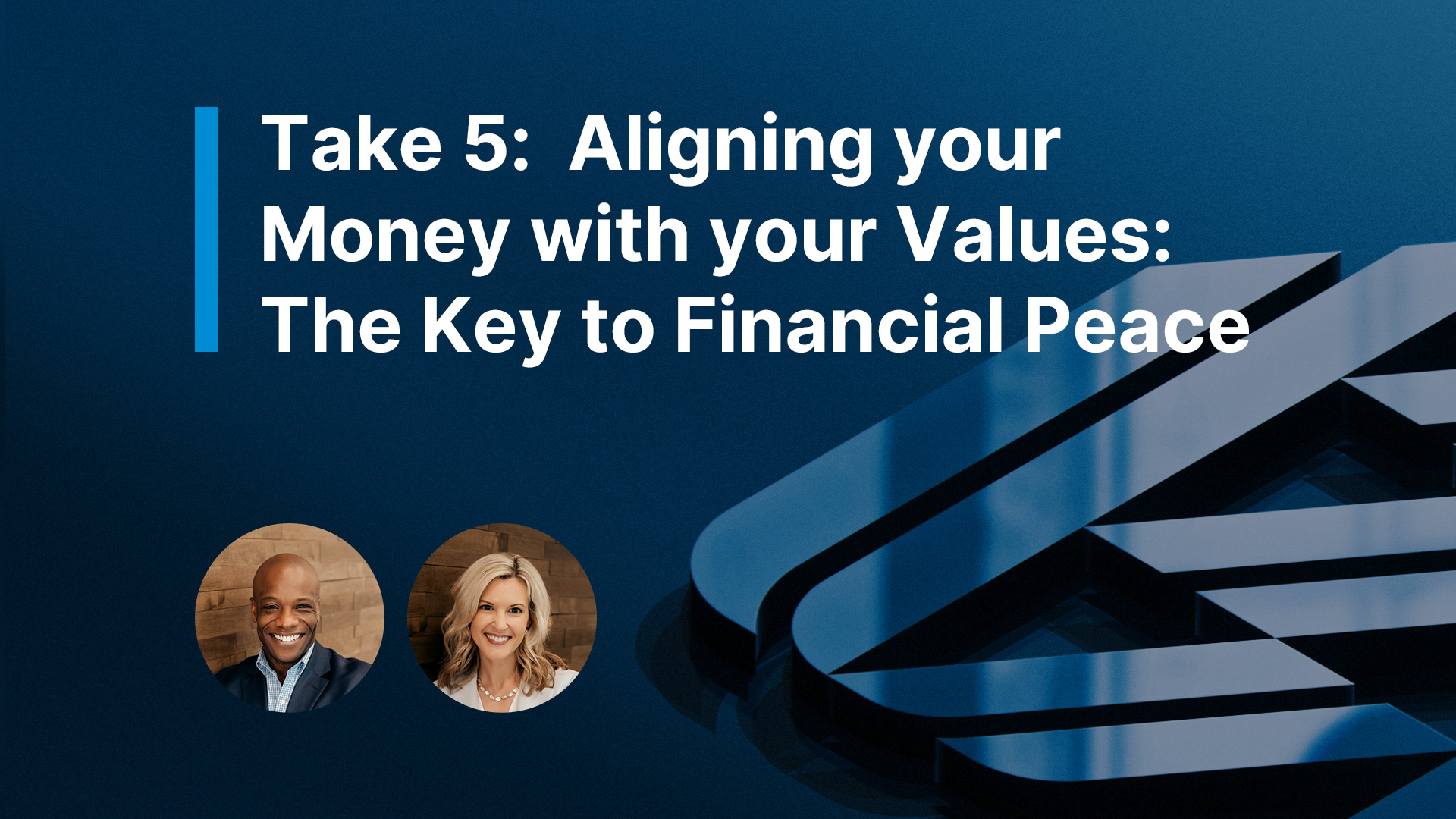
Key Takeaways:
Can money really buy happiness? The latest research actually shows that yes, more money = more happy… usually.
Plenty of things could contribute to this proven finding, but we’ll focus on one here that’s well established by the research, and something we can use: it depends on how you spend your money. Some things we buy make us very happy, others less so. We may not have limitless piles of cash, but we can all spend what we have in better ways to increase our joy.
We’ll get scientific insight on the type of spending (not how much spending) that increases smiles from the books “The Myths of Happiness” and “Happy Money”, along with the study, “If Money Doesn’t Make You Happy Then You Probably Aren’t Spending It Right” by Harvard happiness expert Daniel Gilbert.
Let’s dig in…
Buy Many Small Pleasures Versus Fewer Large Ones
You save up for the big TV or the big vacation thinking, “Yes, I’ll take the Costco-sized bundle of joy, please.” But turns out the pleasure we get from these things has a surprisingly short shelf life.
The research here is consistent: when it comes to happiness, frequency beats intensity.
Small pleasures – they’re the unsung, miniature heroes of joy. Why? We’re less likely to adapt and take for granted all these little things than we are the one, big, rare event. Splurging on a string of small delights is like giving your mood a constant, gentle nudge upwards.
But what kind of stuff should you purchase?
Buy Experiences Instead of Stuff
It’s long been said that experiences are the spice of life. This is true. When studied, 57% of people derived greater happiness from experiential purchases while only 34% got more joy from buying things.
Why? We quickly take material goods for granted. Research shows this happens more slowly with experiences. Also, we anticipate and remember experiences more, savoring them for longer and squeezing more enjoyment from them. You share photos and stories from vacations, not of your $4,000 TV (let’s hope).
Now, nobody’s saying you need to reject the material world. There’s an exception worth noting here. Material purchases can make you very happy – if you turn them into experiences! Use that TV as the centerpiece for an awesome Super Bowl party, and you get better returns. If buying that new car means more road trips with friends, it might be an excellent happiness investment.
Delay Consumption, Increase Anticipation
Planning a vacation is like scripting your own fairy tale. You’re the star of your own travel show, where everything goes perfectly, every photo looks fully edited, and the locals are nothing but lovely.
The reality often involves sunburns, flight delays, and lost luggage. The vacation is still good, but it’s no match for the blockbuster you directed in your head.
In the dark comedy that is our pursuit of happiness, there’s a twisted little truth: the joy of anticipation often eclipses the actual enjoyment of whatever we’ve spent our hard-earned money on.
Study after study demonstrates this effect, and we can extract two clear lessons: 1) extend the anticipation period, and 2) take more mini vacations versus fewer big vacations.
Simply put, structure your life so you’re always looking forward to something.
Following The Crowd Can Be a Great Idea
Here’s a tip that you don’t hear encouraged very often. But popular things are often popular for a reason. We do ourselves a disservice by ignoring what brings others pleasure.
Study after study shows the best way to predict how much one person will like something is to see how much other people enjoyed it. Too often we think we’re too special or unique, and that’s not the safe bet when it comes to happiness.
Usually, the secret to happiness isn’t in some esoteric, hard-to-find experience, but in the shared joy of humanity’s greatest hits.
Buy Time
Maybe money can’t buy happiness, but it sure can outsource some misery. Working fewer hours or paying someone to handle errands can free up time for things that really make you happy.
The key issue is how you spend that new free time. If you just watch mindless TV or scroll social media, the happiness benefits will be miniscule. But use that time for wiser activities and life can be grand.
You can start picking up interesting hobbies: learn to play jazz, read classic literature, go Salsa dancing, take cooking classes, attend musicals.
Paying someone to clean your home can be a wiser purchase than a new computer. It’s about embracing the fact that life is short, weekends are shorter, and you don’t want to spend either wrestling with a vacuum cleaner.
Make It a Treat
Remember when a trip to the ice cream shop was a monumental event? Now, as an adult, you can stroll into any store and buy a tub of ice cream. You can eat it for breakfast if you want. But does it feel special? Not really.
It’s the oldest lesson in the book: we want what we can’t have. And when we’re denied something for a while, we appreciate it so much more when we finally have it.
This strategy turns every little joy into a mini celebration. You’re not just living; you’re an event planner for the exclusive party that is your life. Eating your favorite food is no longer just “Tuesday night dinner”; it’s “I haven’t had this in ages!”.
It’s about finding that sweet spot where you appreciate the things you love by not overindulging in them.
Last, But Far From Least…
There is one more way that spending can boost smiles. And it may be the most important of them all.
You’re about to splurge on the latest, shiniest thing you don’t need when suddenly, a wild idea appears: “What if I buy something for someone else?”
Yes, research once again confirms the old saying: it’s better to give than to receive. A 2008 study found, “Although personal spending was unrelated to happiness, people who devoted more money to prosocial spending were happier, even after controlling for their income.”
Why? Giving improves relationships and our relationships are the bedrock of happiness.
And then there’s the joy of watching them receive that gift. They’re excited and you get to watch with the joy and satisfaction that you probably just made someone’s day, and in plenty of cases, their month or even year. Let that sink in.
So go buy something for someone who is not you. Altruism is the express lane on the happiness highway.
This material is not financial advice or an offer to sell any product and is not a recommendation to buy or sell any particular security. The opinions expressed are those of the Saling Wealth Advisors’ Management Investment Team and are subject to change without notice.
Saling Wealth Advisors (“SWA”) is an independent SEC registered investment advisor. Registration does not imply a certain level of skill or training. This material is provided for informational and educational purposes only. More information about SWA including our advisory services, fees, and objectives can be found in our Form ADV Part 2A, which is available upon request.




